We saw photos of October's iPhones, we learned about hacks against Apple and others, and we found out just how security-conscious Android is. All of this and more, looking back at Apple's August 2018 in review.
July had been full enough of technology news but we had no sooner begun August than Apple made business headlines too as became worth one trillion dollars. Except it didn't. It was close, don't get us wrong, but that early August figure was a market capitalization one that was based on outdated data about the number of outstanding shares.
You're not expected to know what that means, but market analysts are and it is a little scary when they can't tell what's a trillion and what isn't.
Apple's share price had reached $200 but that only means $1T market cap if you didn't notice that the company also adjusted its count of shares. Under the old count, it reached a trillion in early August. Under the new, correct, updated one, it was short.
However, you'll be relieved to know that Apple did genuinely make it to this record before the end of August.
And in the meantime, CEO Tim Cook had some things to say about what that financial value really means.
"Financial returns are simply the result of Apple's innovation, putting our products and customers first, and always staying true to our values," he said.
"Steve founded Apple on the belief that the power of human creativity can solve even the biggest challenges — and that the people who are crazy enough to think they can change the world are the ones who do. Just as Steve always did in moments like this, we should all look forward to Apple's bright future and the great work we'll do together."
Too many Cooks
Cook regularly talks like this, downplaying money and instead emphasizing the work Apple strives for. However, money changes everything and this month Cook earned himself a bonus worth nearly $58 million.
We don't doubt he earns it, we do question when he gets time to spend it. After all, our money goes on Apple gear and he probably gets a staff discount.
Though perhaps we shouldn't buy Apple products. On the one hand, you have us spending money and on the other you have Apple raking it in. We see a direct correlation here. However, analysts New Street Research didn't.
They looked at Apple's figures and shook their heads. "We expect a material disappointment in 2019," New Street Research's Pierre Ferragu said, as cited by CNBC. "The iPhone X has been very successful and well received by consumers. It has been so successful, that we think it has brought forward demand."
Yes, this analyst advised people to sell their Apple stock now because the company's phones are just too popular. We're not wondering whether the firm really wanted to buy some shares because that would be wrong.
Money talks
Money in the form of Apple Pay was also an issue this month. Consumer Reportssurprised everyone who's ever read any of their previous commentary on Apple by saying the company was good.
In fact, Consumer Reports said that Apple Pay was the best person-to-person payment system. It beat Zella, Square Cash, Venmo and also Facebook — as you can send money via the social media's Messages app. We did not know that.
The report compared security, privacy, support and more including availability. Apple Pay scored high in security in privacy — somehow managing to beat Facebook there — but lost some ground on availability. You have to have iOS or watchOS, said Consumer Reports.
As their report came out, so Apple was running ads showing the benefits of Apple Pay between individuals.
This is how you get rich
Even if it didn't take place on the very day that everyone claimed it had, Apple did become the first trillion dollar company in the world in August and you have to admire that. You just also have to dislike what it did next.
For Apple announced that from October 1, it was cancelling part of the iTunes Affiliate Program. This was the system by which if a publisher recommended an app and you bought it via the link they gave you, Apple would give them a certain amount of money.
It was never very much and as with all affiliate programs it never made any difference to the purchase price that you were paying. However, it added up. Or it did.
These fractional payments were enough to keep some websites running and while Apple is not a charity, the optics on it pulling this revenue source from people while it was becoming the biggest company in the world were bad.
Eyes forward
Except by now in 2018, all eyes were on the forthcoming new iPhones. So far in this review of the year, we've ignored rumors of the future and concentrated on things that actually happened in each month.
Still, by August there were more rumors than Apple could ever possibly meet. Yet while we would have to wait another month to learn everything they were bringing out, August saw a leak of the most important new products by far.
The leaked images included one showing two iPhones, what we would later know are called the iPhone XS and iPhone XS Max. There was also one of the Apple Watch Series 4 showing what we would learn is the updated Infographic face.
Not one single pixel of those images went unexamined as everybody either studied them or wondered how Apple could have such a huge leak. There were even suggestions that this was really a cunning plan by Apple to prepare us mentally for the price of these things.
Officially, all we knew by this point was that the new iPhones would be announced on September 12. Now, unofficially, we knew pretty much everything about them. Still, there was something else that nobody had said but which we could be absolutely certain of.
We were going to get the new phones and the newly updated iOS 12 with all its features exactly when Apple said we would. The iPhone event is not like, say, what happened with the HomePods which were months late. Or the AirPods which were also months late.
And these September releases are certainly never like the AirPower charging mat which is heading toward being years late.
No, you can rely on the September event to deliver everything — except Group FaceTime.
Group FaceTime was present throughout most of the beta versions of iOS 12 and it was a marquee feature when Apple announced the new operating system back at WWDC.
It was going to let you have FaceTime video conversations with up to 32 people at a time, just so long as they now hung on past September and onto sometime in the Fall.
There's always Android
You can argue that at least Apple told us in advance that it was going to fail to deliver Group FaceTime on schedule. Yet while it was doing that, Samsung was delivering the goods: Apple's biggest rival released the Samsung Galaxy Note S9 in August.
That could be enough to make you switch to Android because they do look very good — except, oh, wait just one moment.
The standard of photographs you can get from a Huawei Nova 3 Android smartphone is not in evidence here at all. For the image we saw in the ads wasn't taken with the phone being advertised, they were seemingly shot by a professional photographer using a DSLR camera.
Even if Huawei faked these shots and even if it had done the same thing before, still that is just one company using Android. It's not as if there's anything deep-rooted in Android that could give you pause.
The Associated Press, and researchers from Princeton, discovered that certain services will continue to track your location even when you've switched the feature off.
Later in August, Google confirmed this and took firm steps to update its help documentation. So, yes, it's still doing it. However, according to the help pages if you switch Web and App Activity off as well as Location History, you're probably fine.
We know what you're doing
Alongside this issue of ignoring what a user says to do with location tracking, there was a claim this August that Android phones are chatterboxes.
An organization called Digital Content Next tested an Android phone running Chrome in the background and otherwise doing nothing. It was deliberately left idle. Yet according to the company, the phone sent location data to Google some 340 times in a 24-hour period.
"In contrast, a similar experiment showed that on an iOS Apple device with Safari (where neither Android nor Chrome were used), Google could not collect any appreciable data (location or otherwise) in the absence of a user interaction with the device," said the report.
Data gathering
That does still mean that when you do use your iPhone, you could end up sending Google data. And saying that Android sends ten times more doesn't tell us how much iOS sends.
Speaking of personal information being passed around, though, Apple had to issue an denial this August about hacking.
A 16-year-old Melbourne boy was revealed to have conducted a successful series of attacks against Apple Australia's computer systems. "We want to assure our customers that at no point during this incident was their personal data compromised," said an Apple spokesperson.
The hack had taken place some time last year but news broke now because the boy was in court to face charges. Ultimately he got probation.
To be fair, anyone can fall victim to hacking. Such as T-Mobile.
The carrier told customers that data including names, contact details and account numbers were exposed. They insist that no financial data, such as credit card details, were taken.
When pressed, a company spokesperson later said that the incident affected almost three percent of its customer base. If it were the full three percent, that would make the number approximately 2.31 million people.
At around the same time, a new vulnerability in Intel processors was revealed by researchers. Foreshadow, as it was called, was a system that attached a feature on the processors which are meant to protect users' data.
Again, though, while you'd want companies to be safe, you can't blame them for people trying to hack in. Whereas you can blame firms like Twitter for seemingly spending time choosing which foot of theirs to shoot first.
Twitter is the company that would seemingly prefer you don't tweet. Independent developer Tapbots revealed in August that the service was changing to block features in apps like theirs.
"On August 16th Twitter will disable parts of their public interface that we use in Tweetbot," said a press release. "Because Twitter has chosen not to provide alternatives to these interfaces we have been forced to disable or degrade certain features. We're sorry about this, but unfortunately this is totally out of our control."
It wasn't just Tapbots' Tweetbot that was affected as these new rules and changes affect every Twitter client.
Maybe Twitter has a brilliant plan but this August it was vying for second place as company most likely to lose customers. In first place there was Verizon which this month throttled the data for the Santa Clara County Fire Department.
"County Fire has experienced throttling by its ISP, Verizon," Santa Clara County Fire Chief Anthony Bowden wrote in a declaration."This throttling has had a significant impact on our ability to provide emergency services. Verizon imposed these limitations despite being informed that throttling was actively impeding County Fire's ability to provide crisis-response and essential emergency services."
It should be said that Santa Clara was already paying for unlimited data. Verizon at least admitted it was wrong: "In this situation, we should have lifted the speed restriction when our customer reached out to us," they said.
And the FCC said we were wrong to think the end of net neutrality would do anything but improve internet speeds.
That was then
There was one more glimpse of the future as August ran out and we were all waiting for September's event. Unusually, though, it was a glimpse about something that happened last year.
According to a report this month by Business Insider, Apple held an invitation-only meeting in New York in April 2017. It was for developers and it was for Apple to encourage them to switch their apps to subscriptions.
So that meeting happened more than a year earlier but it looked like a very good predictor of where Apple believes apps are going.
What happened next
Read the next part of AppleInsider's 2018 review. Apple set the table for the rest of the year by debuting new iPhones and a new Apple Watch model that were adored — and fired up the decades-old debate if Apple products were too expensive for the company's own good. Looking back at Apple's September 2018 in review.
Keep up with AppleInsider by downloading the AppleInsider app for iOS, and follow us on YouTube, Twitter @appleinsider and Facebook for live, late-breaking coverage. You can also check out our official Instagram account for exclusive photos.
 William Gallagher
William Gallagher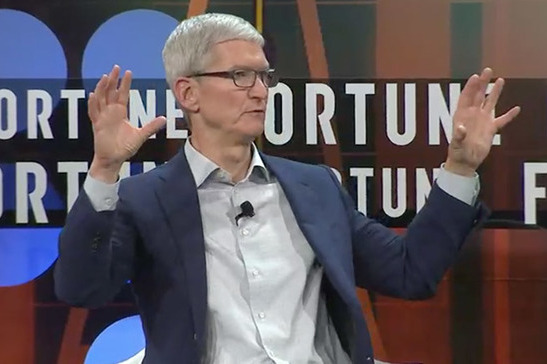
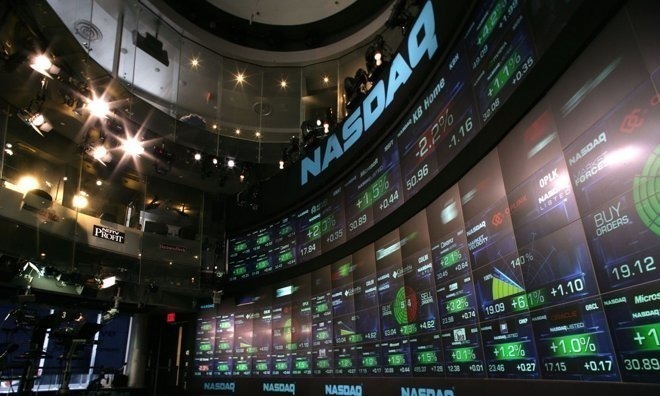
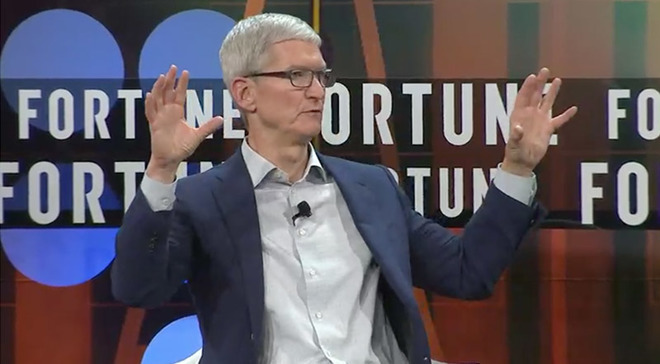
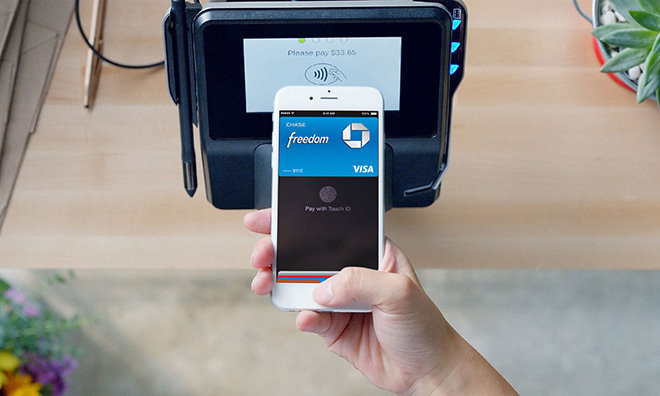
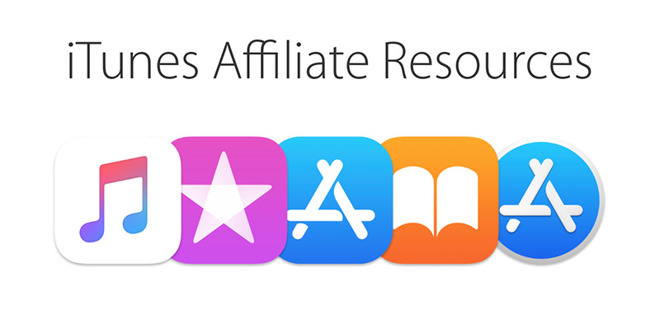


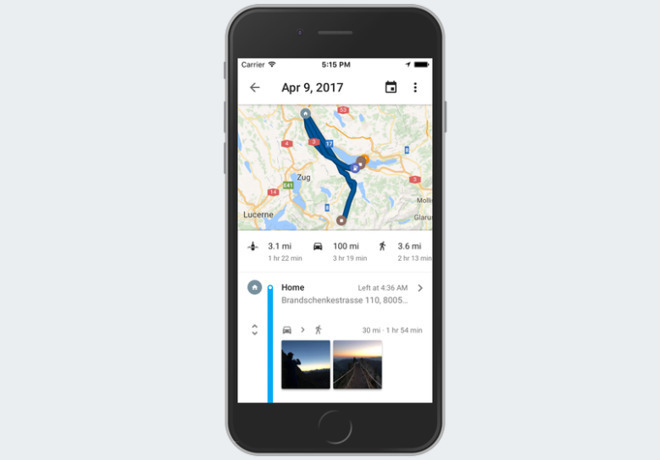
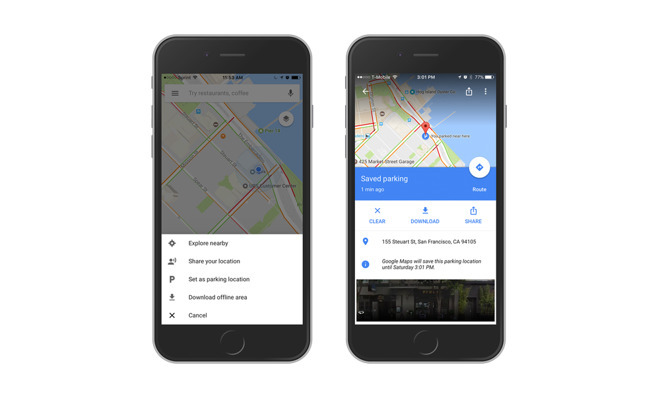
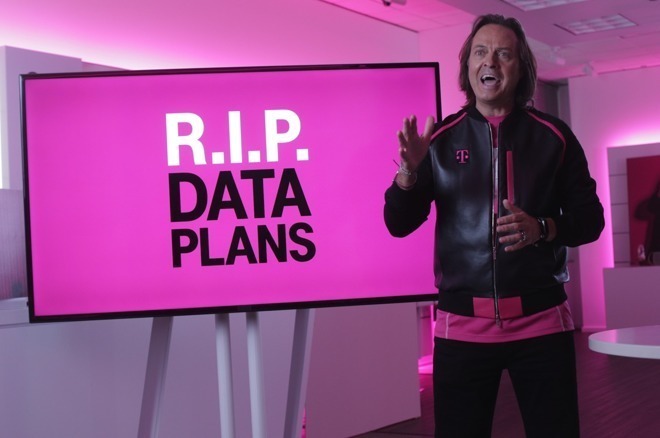
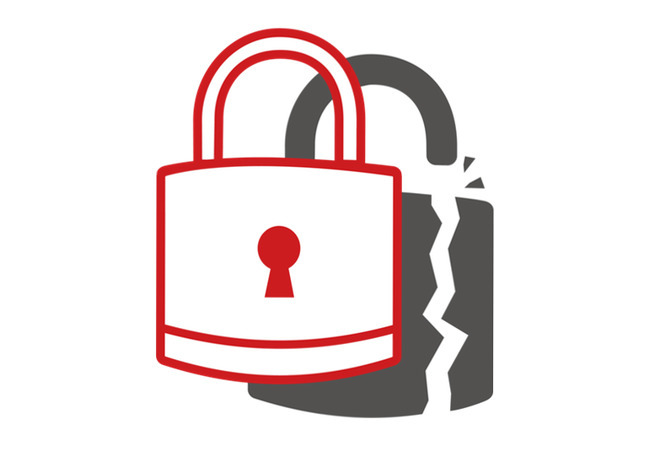
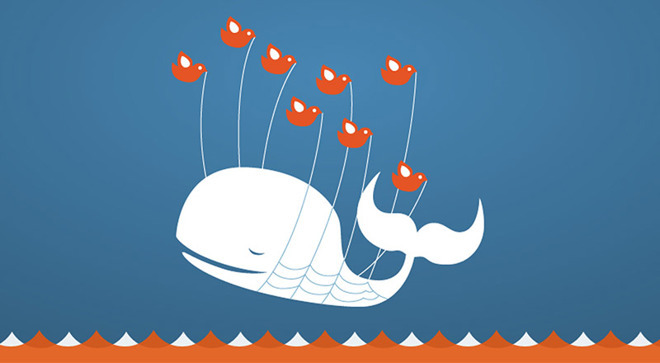

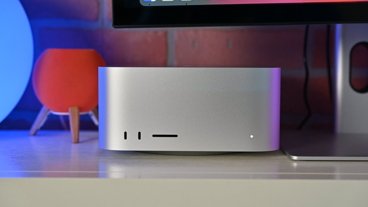
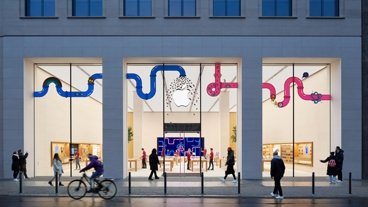
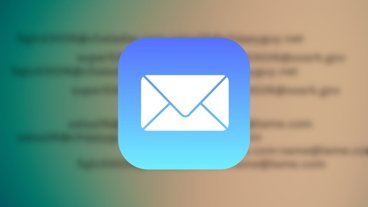
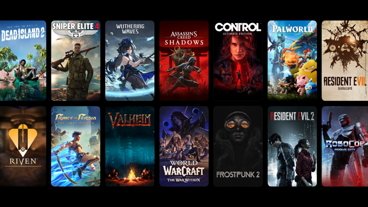

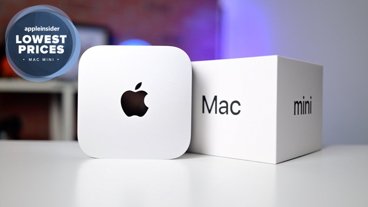
-m.jpg)





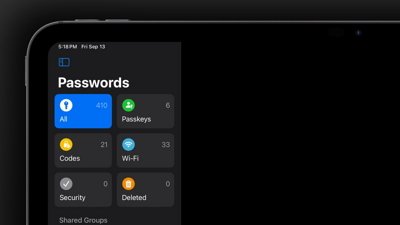
 Wesley Hilliard
Wesley Hilliard
 Mike Wuerthele
Mike Wuerthele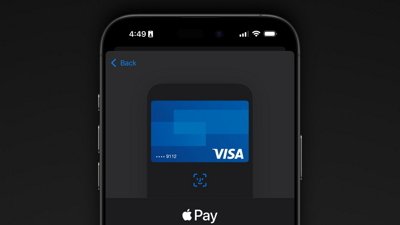
 Marko Zivkovic
Marko Zivkovic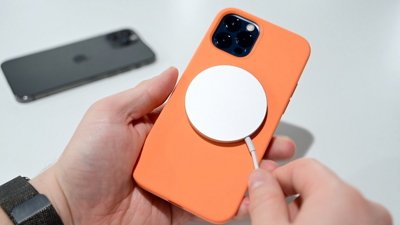
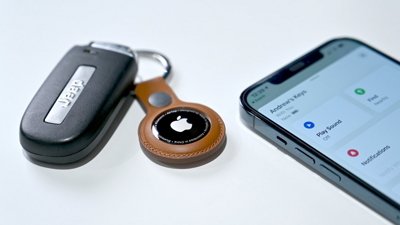
 Malcolm Owen
Malcolm Owen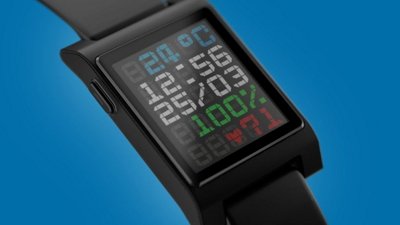
 Andrew Orr
Andrew Orr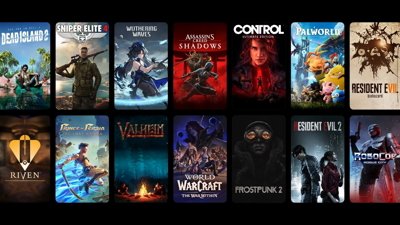
 Amber Neely
Amber Neely
 Christine McKee
Christine McKee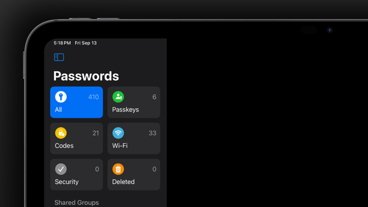
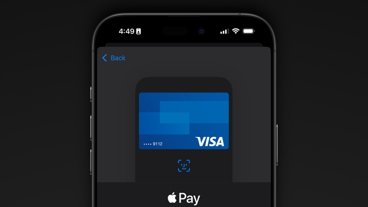
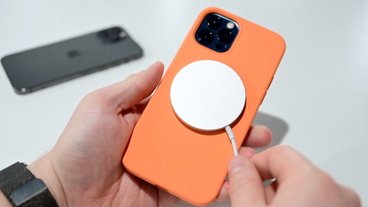







8 Comments
Great end-year series going on from you guys! Very nicely done so far....
What a stupid statement!! It takes one bad Apple to leak most important info to either satisfy there ego or for money or for revenge. Even CIA,FBI,etc are suppose to be most secretive and multi-billion $ spending organization and still information get leaked
"Cook regularly talks like this, downplaying money and instead emphasizing the work Apple strives for. However, money changes everything and this month Cook earned himself a bonus worth nearly $58 million
What a stupid thing to say. Do you really think Cook or anyone else. for that matter, is worth $58 million dollars? He is not the idea man here. He has admitted to making some big mistakes when it comes to the Mac to just name one. I doubt even Cook would say that he is worth 58 million dollars. It is just the way the game is played.
What a stupid article!!
/s
Carefully crafted Net Neutrality hit piece. Started out good, but then the untruth was printed and the article tanked. “Net Nutrality” never ended, since it never started.